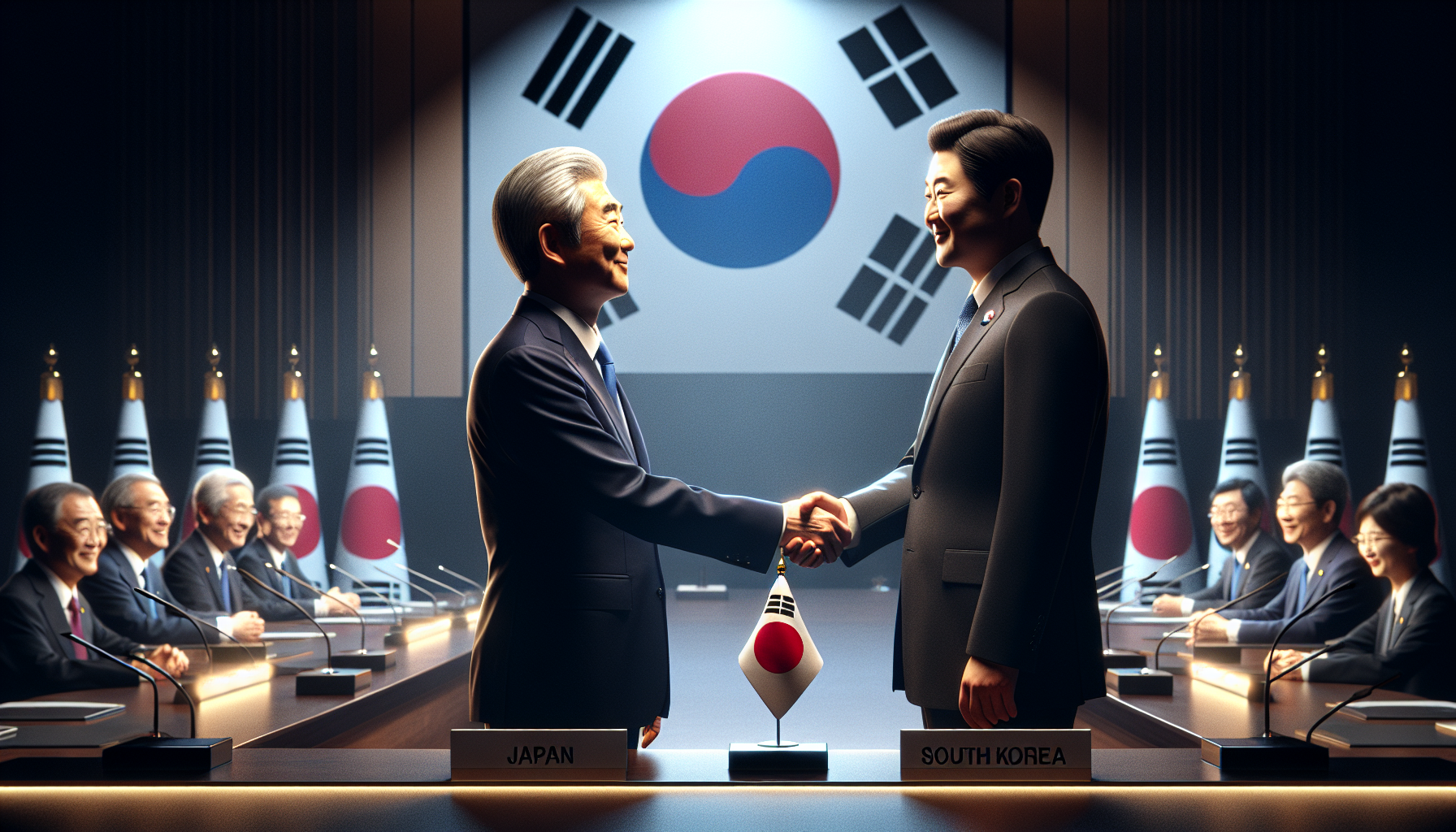Japan's Prime Minister Sanae Takaichi and South Korea's President Lee Jae Myung held their first summit on October 30 on the sidelines of the Asia-Pacific Economic Cooperation (APEC) forum, pledging to strengthen ties strained by wartime history. The leaders emphasized the importance of trilateral cooperation with the United States amid rapidly changing global dynamics. The meeting follows recent summits with U.S. President Donald Trump, highlighting efforts to address trade and security challenges.
Prime Minister Sanae Takaichi arrived in South Korea on October 30 for the APEC leaders' meeting in Gyeongju, where she held her first summit with President Lee Jae Myung that afternoon. The two discussed the future of Japan-South Korea relations and trilateral cooperation with the United States. Takaichi stated before departure, “I want to firmly build a relationship of trust between leaders.”
During the meeting, which extended from 20 minutes to over 45, Lee said South Korea and Japan share common challenges amid “rapidly changing international dynamics and trade conditions,” stressing that future-oriented cooperation is more important than ever. Takaichi noted that trilateral cooperation between Tokyo, Seoul, and Washington is becoming increasingly crucial “under the current strategic environment,” according to Lee's office. The leaders agreed to continue “shuttle diplomacy,” alternating summits. Takaichi described the talks as “very enjoyable and meaningful” and expressed belief that “we will welcome (Lee) in Japan next time.”
Takaichi's October 22 election raised concerns in Seoul over her right-wing views on history, including resistance to acknowledging Japanese World War II aggression and denial of coercion in wartime labor and comfort women issues. Lee's June inauguration similarly worried Japan due to past criticisms of his tilt toward North Korea and China, but he has since pursued pragmatic diplomacy to improve ties with Japan and the U.S.
The summit follows charm offensives toward U.S. President Donald Trump, who visited both countries. Japan pledged up to $490 billion in investments, while South Korea agreed to $200 billion in direct investments over a decade plus $150 billion for U.S. shipbuilding, in exchange for tariff reductions on Korean vehicles from 25% to 15% and technology sharing for nuclear submarines. Experts expect continued tightening of cooperation to counter Trump's trade policies, supply chain issues, and North Korea's nuclear program.

